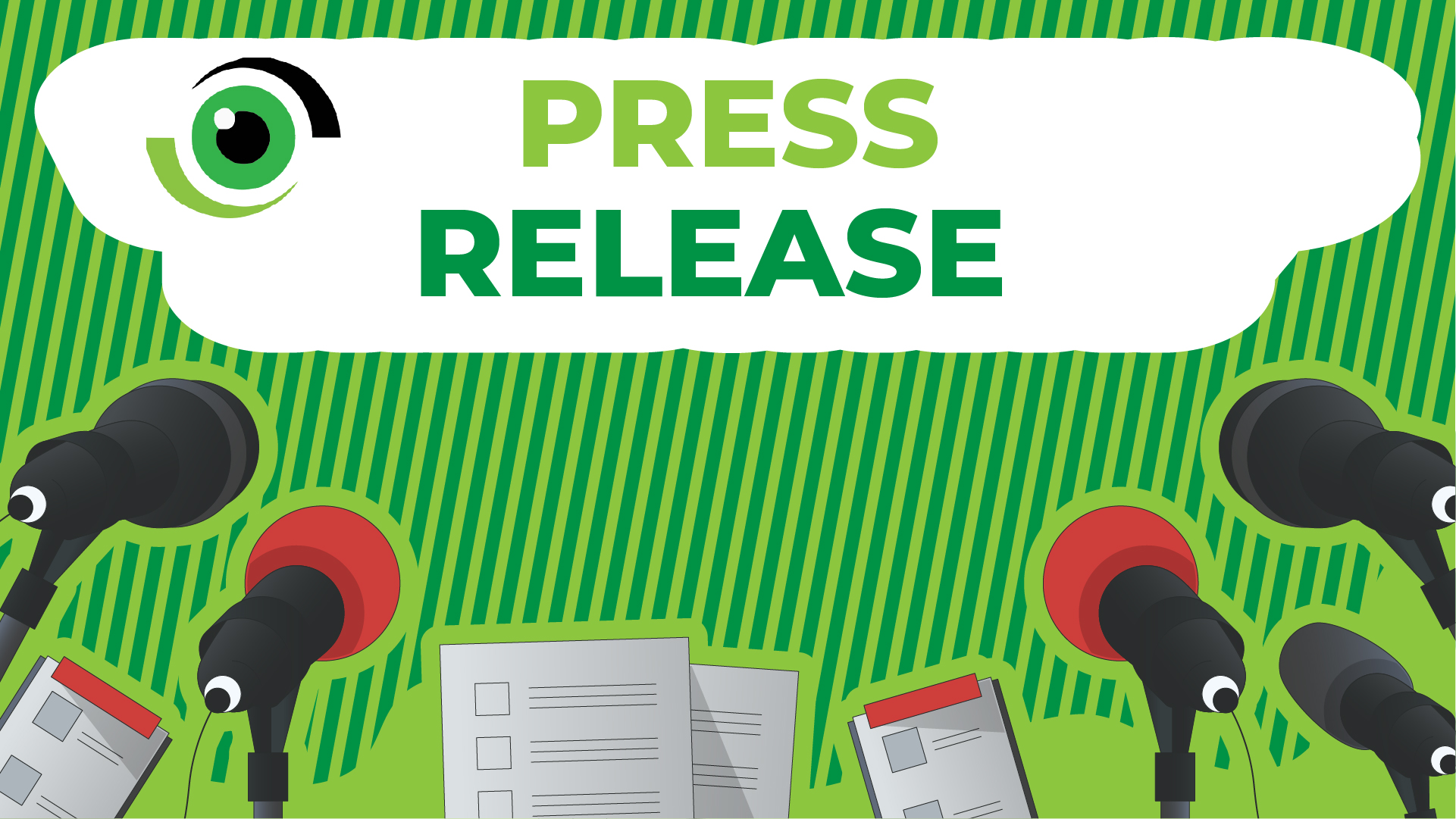The 2023 findings of the “Women’s Health and Well-being:
Listening across the Lifespan” revealed that almost one-third of women stress the critical need for
accessible and affordable health systems. These insights highlight the urgent need to prioritize women’s access to comprehensive and high-quality healthcare.
Building on the 2019 legacy of the “What Women Want” campaign, the “Women’s Health and Well- being: Listening across the Lifespan” campaign has returned with a fresh perspective, understanding that women’s needs encompass far more than just reproductive health. To shed light on the experiences of women from diverse backgrounds, generations, and regions, 18 partner organizations went to great
lengths to ask 1.3 million women about their health and well-being needs.
Through foot journeys to canoe travels, mobilizers discovered many women had never been asked about their needs, a revelation that became a source of inspiration and validation. “They were surprised at first that I asked them these questions, and then they would say had never told anyone this before or they had never thought about it,” said Diana Rubio, a mobilizer from organization Equidad de Género in Mexico. “This was hopeful for me because it meant giving them a voice. It felt like a kind of collective healing for all women.”
Beyond Health: Women’s Interconnected Needs
A deeper dive into the campaign’s results underscores interconnected factors that are crucial to women and girls’ health and well-being, with top demands calling for affordable healthcare, equal job opportunities, food security and nutrition, and access to education. The campaign found the top four demands remained consistent across ages.
Free, Affordable, or Insured Healthcare: the resounding call for affordable healthcare resonated as women recognized the crucial role of comprehensive universal health coverage in accessing myriad services, including sexual and reproductive care. Almost 150,000 women demand free and affordable health services while 110,000 seek high-quality health services closer to their homes. Women recognize that without an accessible healthcare framework, they face significant challenges in securing essential services, posing a threat to their well-being and that of their families.
Work and Financial Support: The findings underscored women’s parallel demand for education and economic empowerment. Over 168,000 women are demanding equal job opportunities, financial stability, investments in their ideas, businesses, and independence, all coupled with educational pathways at every life stage. Women acknowledge the necessity of taking proactive measures in the absence of
comprehensive health coverage to afford essential healthcare services without their families slipping further into financial vulnerability.
Food Security and Adequate Nutrition: Approximately 138,000 women questioned how they could dream of better futures if they can’t provide food for themselves and their families. Women recognised the profound importance of a healthy diet and the critical role of food security in realising their aspirations.
A Call for a Better Future
Educational and Vocational Skills: More than 124,000 women highlighted the critical importance of training opportunities and awareness for access to employment and, consequently, affordable healthcare services, including sexual and reproductive care.
In a world where women are the experts of their own lives, it is imperative to not only listen to their voices, but to act on their demands. Organon, a pivotal supporter of the campaign, exemplifies this commitment through their mission of prioritizing women’s well-being worldwide.
Noha Salem, Organon’s Lead, Women’s Health Policy, emphasized,
“Organon was established on the foundation of listening to women and addressing their unmet health needs. We are proud to support the Women’s Health and Well-being: Listening Across the Lifespan initiative, allowing us to listen to the voices of more than one million women in 16 countries across four continents on what they see as their healthcare needs. When we listen to women, we can create health policies and programs that address their needs.”
The campaign’s clarion call underscores the urgent requirement for comprehensive, inclusive, and
affordable health systems that cater to the diverse needs of women. It emphasizes the inseparable link between women’s health, economic stability, and education, urging a holistic approach to addressing the multifaceted challenges faced by women worldwide.
Creating a world where every woman’s voice is not just heard but embraced, where every woman’s needs are met, and where the power to drive change lies in the hands of those who need it most, is everyone’s responsibility.


